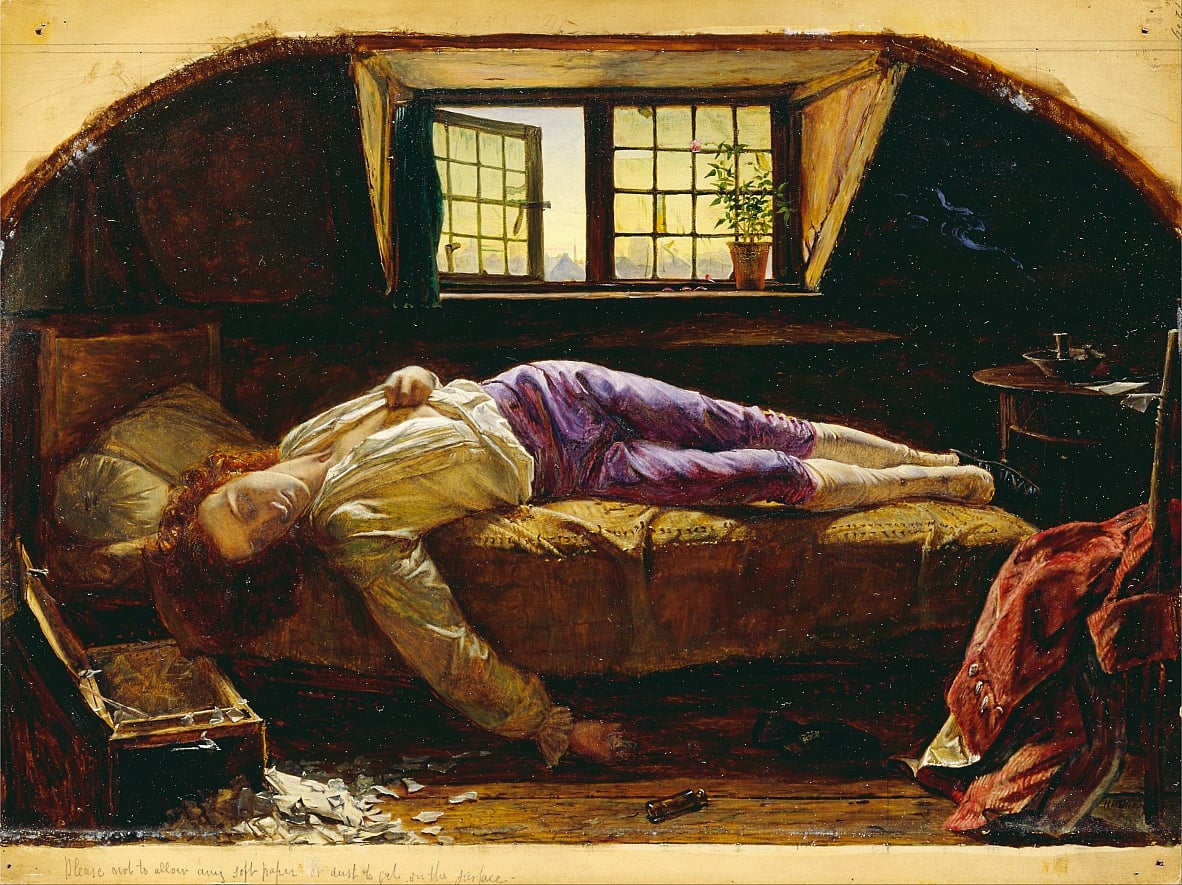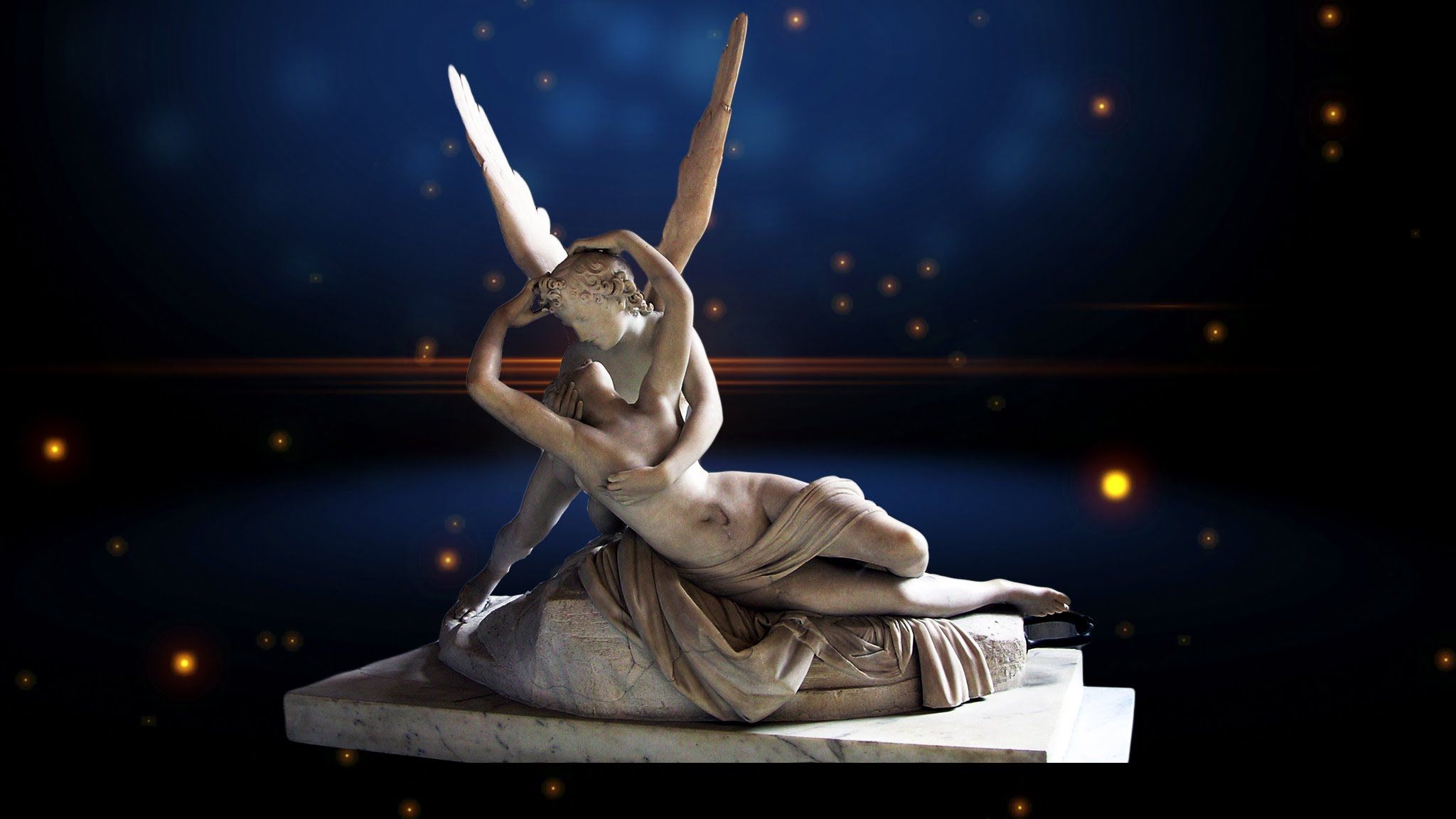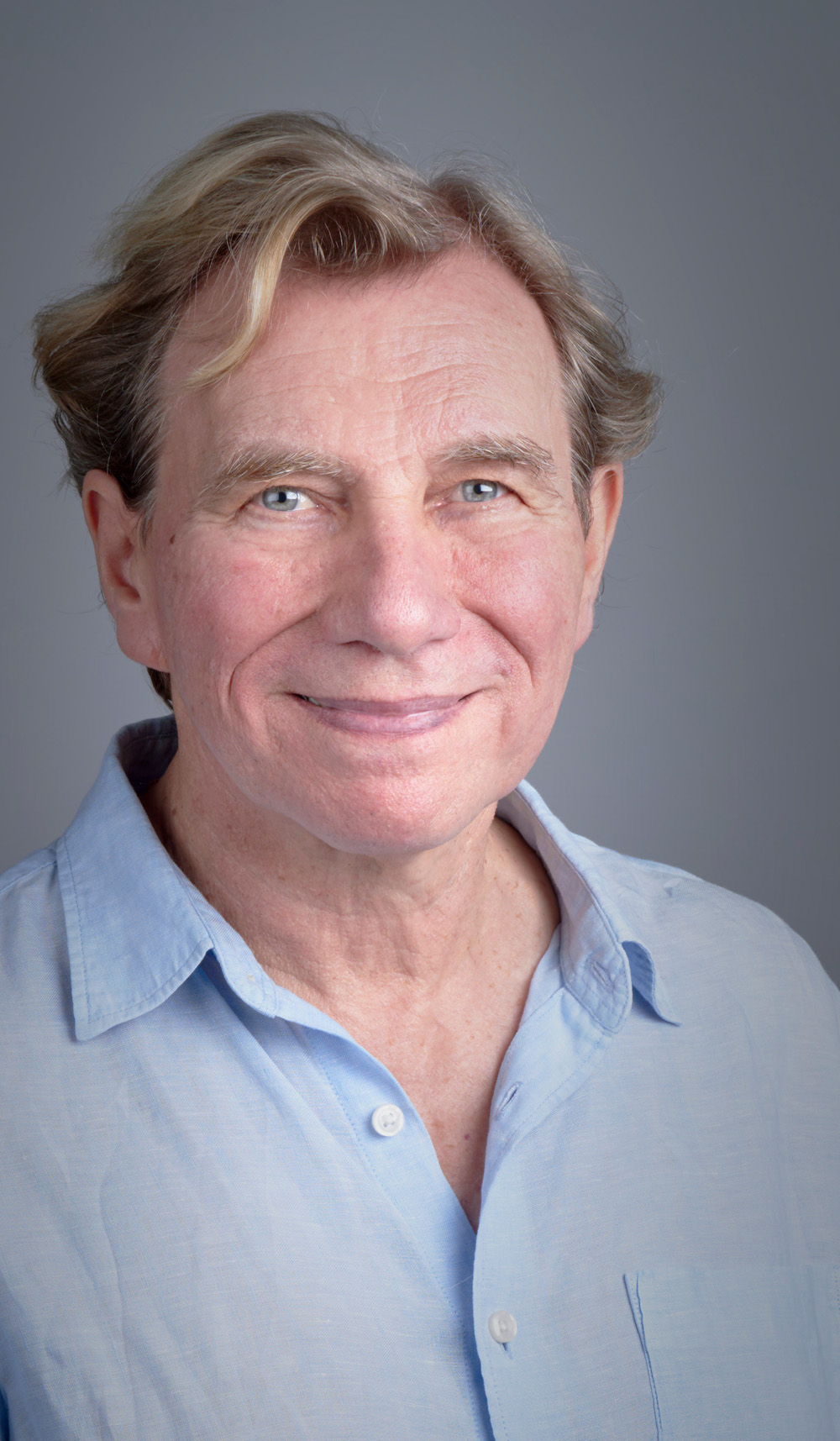I dare do all that may become a man.
Who dares do more, is none.
Does the world need another movie of Macbeth?
Shakespeare’s ‘Scottish play’ has been filmed over 20 times. Most recently in a BBC version with Patrick Stewart (2010) and Geoffrey Wright’s Melbourne gangland interpretation with Sam Worthington (2006). Most notably in Kurosawa’s Throne of Blood (1957) and Polanski’s 1971 film, with Jon Finch and Francesca Annis in the title roles. In 2015, we have a new interpretation by Justin Kurzel (Snowtown, The Turning) starring Michael Fassbender and Marion Cotillard. Shot in Scotland with an Australian director and Irish-German and French leads, this new version is billed – naturally – as a new American movie.
Many of the films have followed stage productions, keeping a focus on the two main characters as they descend into a hell of their own making, much as contending armies are described in the opening of the play, ‘As two spent swimmers that do cling together, And choke their art.’ Other characters, the settings, and landscapes are there essentially as a backdrop to the horror of the Macbeths’ self-destruction, taking so many others with them.
Kurzel’s Macbeth, though, is a spectacle in the best sense of the word. The bleakly-beautiful landscapes and settings (not to mention an impressive cast), all work together together as a fluid unity which complements the text. It feels more Scandinavian than Scottish at times (a reminder that much of the country was a Viking colony in the Middle Ages), Each frame is like a carefully assembled canvas, with close-ups of faces, mountains, lakes, and washes of colour and motion. This painterly aspect of the film reminds me of Symbolist artists such as Rops, Moreau, or Redon, where the stylised landscape similarly ‘orchestrates’ the emotions of the human drama portrayed. It’s no coincidence that Kurzel worked in set design (for Bell Shakespeare among other companies) before turning to directing; the film’s art direction is superb.
This Macbeth was born of a conversation between Kurzel and Fassbender, so it is ironic that the leading man’s portrayal of the tragic hero of the play is the weakest part of the film. The actor brings his familiar professionalism and intensity to the performance. Fassbender has spoken in interviews of imagining Macbeth as a soldier traumatised by the savage losses in his life – including a dead child whose funeral is seen at the start of the film. He attempts to fill this loss with yet more savagery, murdering Duncan to achieve the ‘safety’ of becoming king himself. All the actor’s intensity seems turned inward however. Macbeth so often seems to be talking to himself rather than for the audience’s benefit. Shakespeare always requires a little flamboyance (however subtly done) to bring out the colour and poetry and majesty of the lines, yet Fassbender seems to deliberately avoid this in his performance. To see how he plays the famous ‘Tomorrow, and tomorrow, and tomorrow’ speech, and then compare with how Patrick Stewart or Ian McKellan do the same is an education.
Macbeth belongs to Marion Cotillard, however. She moves convincingly from a sexual temptress – taunting her husband to show he is a man by killing his king – to a weeping mad creature, horrified at the monster she has created. She is an extraordinary actress.
The film is worth seeing for her performance alone, but so much more too.




